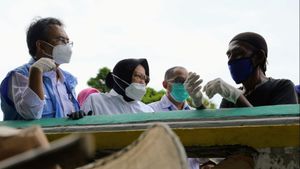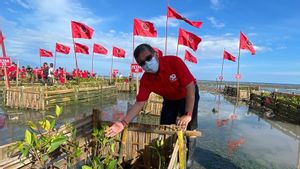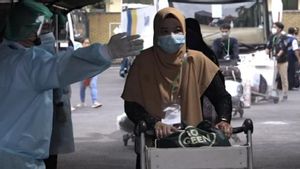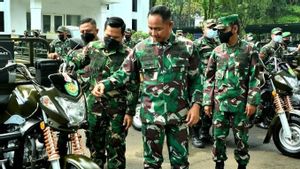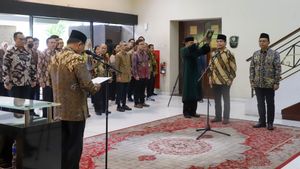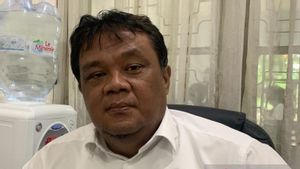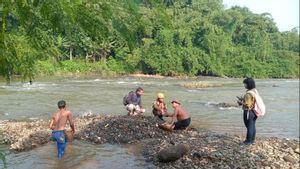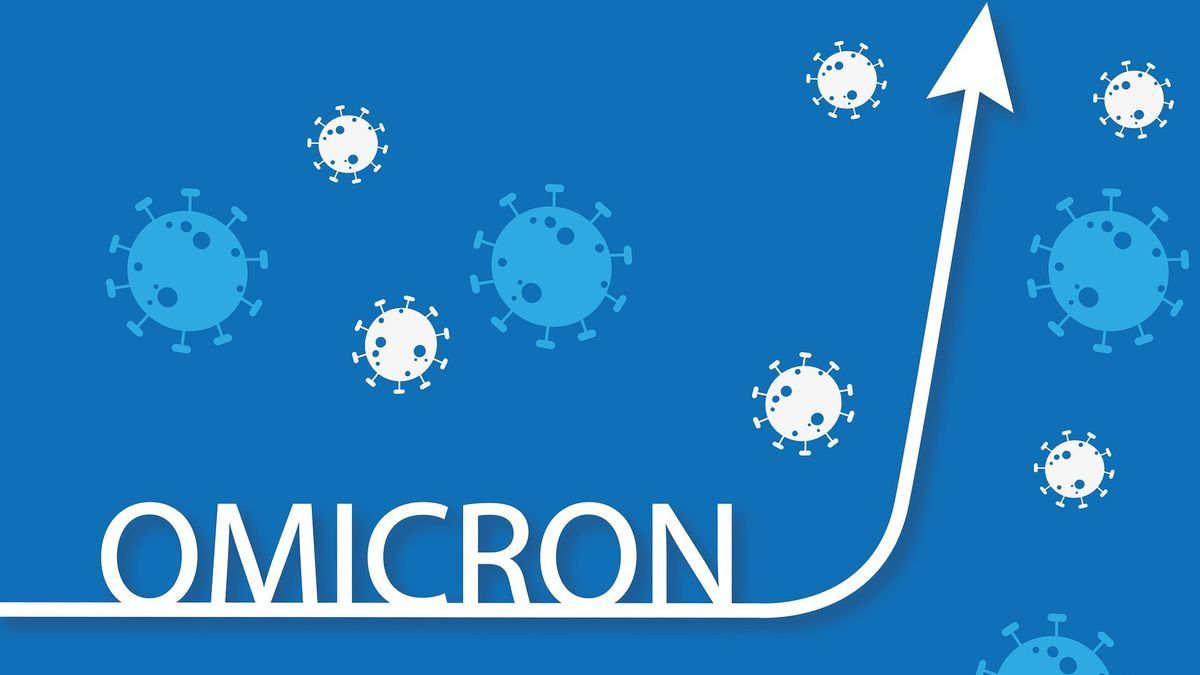
JAKARTA - The Ministry of Health has allowed patients who have been confirmed positive for COVID-19, the Omicron variant, to self-isolate at home.
This is regulated in Circular Number HK.02.01/Menkes/18/2022. The letter was signed by the Minister of Health, Budi Gunadi Sadikin, on January 17.
"Clinical symptoms for confirmed cases of COVID-19, the Omicron variant, are in principle the same as clinical symptoms for other variants of COVID-19", the circular was quoted as saying on Sunday, January 23.
"Confirmed cases of COVID-19 without symptoms (asymptomatic) and mild symptoms can self-isolate if they meet clinical and home requirements", the regulation explained.
The clinical requirements for COVID-19 patients with the Omicron variant who wish to isolate at home are less than 45 years of age; have no comorbid disease; can access telemedicine or other health services, and are committed to isolation before being allowed out.
Meanwhile, the requirements for isolation houses that must be met are being able to live in separate rooms and even better if the floors are separate; there is a separate bathroom with other occupants and can access the pulse oximeter.
The period of isolation at home for asymptomatic patients is carried out at least 10 days from the time the confirmation diagnosis specimen is taken.
"If they do not meet the clinical requirements and house requirements, the patient must carry out isolation in a centralized isolation facility. During isolation, the patient must be under the supervision of the Puskesmas (public health center) or local task force."
SEE ALSO:
Based on the circular, isolation for patients with severe-critical symptoms must be treated at hospitals that provide COVID-19 services. Meanwhile, those with moderate or mild symptoms with comorbidities can be treated in a field hospital or an emergency hospital.
The period for isolation for symptomatic patients is carried out for 10 days from the onset of symptoms plus at least 3 days free of symptoms of fever and respiratory problems. If symptoms persist until the 10th day, the isolation will continue for three days until the symptoms disappear.
"In confirmed cases of COVID-19 that have experienced clinical improvement during self-isolation / centralized isolation, NAAT examinations can be carried out including RT-PCR examinations on the 5th and 6th days with an interval of 24 hours", the circular said.
"If the results are negative or the CT is more than 35 for 2 consecutive times, then the isolation can be declared complete or the patient recovers. The financing for this examination is carried out independently".
The English, Chinese, Japanese, Arabic, and French versions are automatically generated by the AI. So there may still be inaccuracies in translating, please always see Indonesian as our main language. (system supported by DigitalSiber.id)



